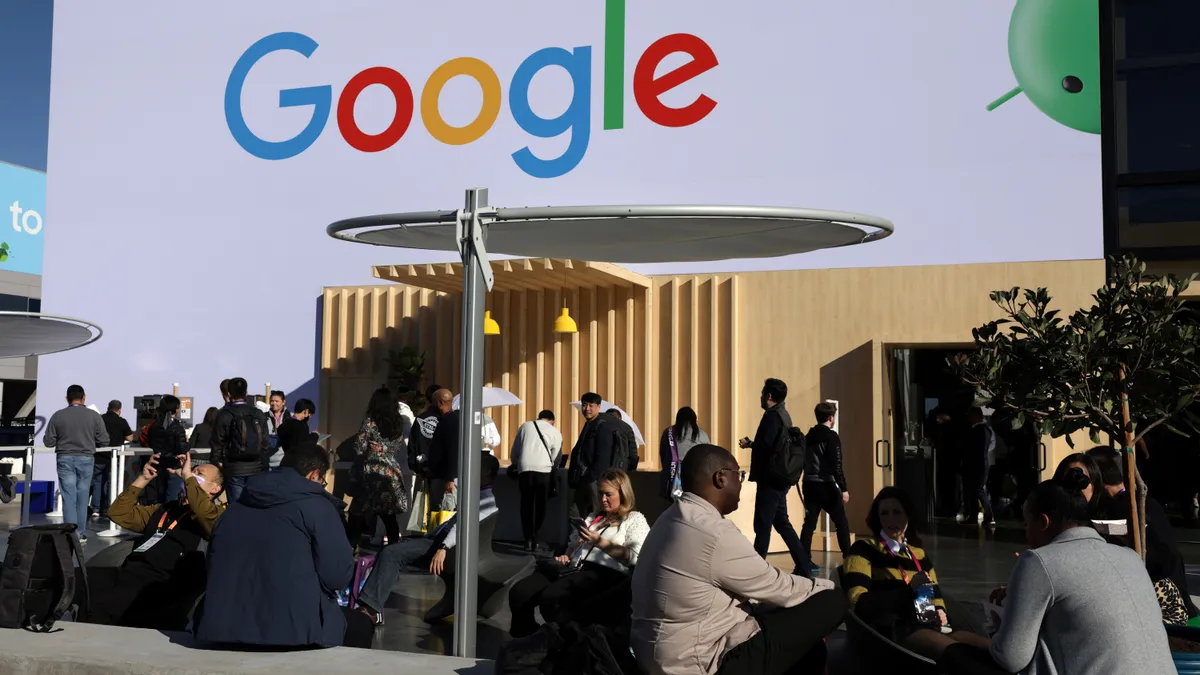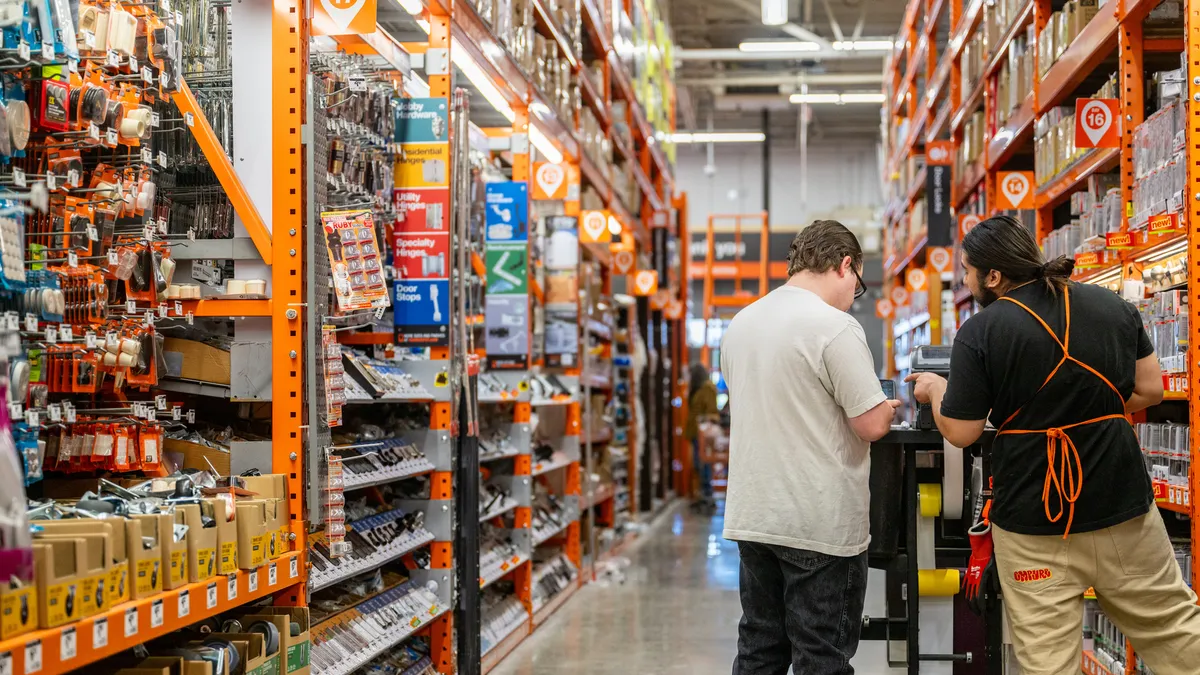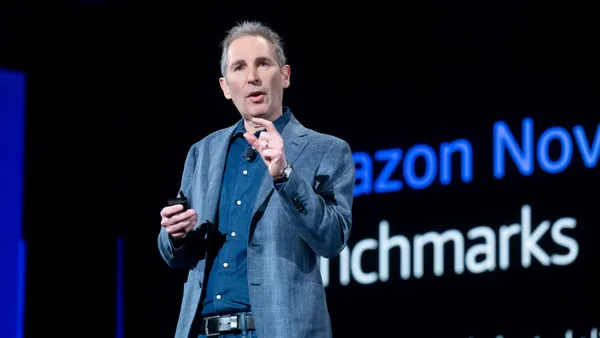Dive Brief:
- A class action suit filed Tuesday alleges Google recorded and analyzed customer service calls to Home Depot with its Cloud Contact Center AI in violation of California Invasion of Privacy Act.
- The suit alleges that since at least 2021, “Home Depot employed Google to use its CCAI technology to monitor and analyze all of its live customer service calls,” and failed to obtain authorization from callers.
- Lead plaintiff Christopher Barulich filed the suit in the U.S. District Court for the Northern District of California on behalf of himself and “all other individuals who called Home Depot customer service and had their privacy violated when Home Depot allowed Google to access, record, read, and learn the contents of their calls.” The lawsuit seeks a penalty of $5,000 per violation.
Dive Insight:
Google is not the only technology provider who has run into legal troubles for its use of AI to analyze customer service calls.
In July, a class-action lawsuit was brought against Patagonia in California Superior Court. The lawsuit alleged Patagonia violated state consent laws by recording, analyzing and sharing calls with Talkdesk without informing customers. Last month, another class-action suit was filed against Talkdesk and LegalShield alleging the two secretly recorded and analyzed calls without consumer consent.
The latest lawsuit alleges Google used CCAI technology to transcribe and analyze Barulich’ conversations in real time and suggest possible replies to the Home Depot agent.
Barulich had filed a personal injury lawsuit against both Home Depot and Google in February in U.S. District Courts, California Central District Court.
Contact centers have begun to use generative AI to analyze and summarize calls and serve as a guide by providing agents with potential replies. Not only does such technology cut down on the time it would take to serve, but it also offers contact center leaders the ability to analyze common pain points in customer service interactions.
Consumers are wary of AI and companies’ use of their data. A KPMG survey from earlier this year found that 3 in 5 customers are wary of AI, and only half believe its benefits outweigh its risks. Maintaining customer trust through disclosures and education is essential, experts told CX Dive.
“I expect this kind of tech will continue to proliferate because it helps solve genuine business problems, such as the time it takes for a customer service agent to find information and answer questions for a customer,” Judy Weader, principal analyst at Forrester, told CX Dive via email. “That said, if this tech is being used, disclosure needs to happen up front in the process.”
CX leaders should work with the other parts of their organization, including legal and compliance teams, to ensure proper disclosure is in place.
“Whether we’re talking about a chatbot or a live phone conversation, customers need to be notified when they engage with the system that their call may be recorded or monitored and why that’s happening,” Weader said.
Failure to do so could lead to more lawsuits.
“If others deploying this type of tech aren’t learning from the lessons of those that have come before them and lost in court then yes — I expect more lawsuits to come,” she said.
In an email, Home Depot said it could not comment on ongoing litigation. Google did not respond to CX Dive’s request for comment as of press time.












